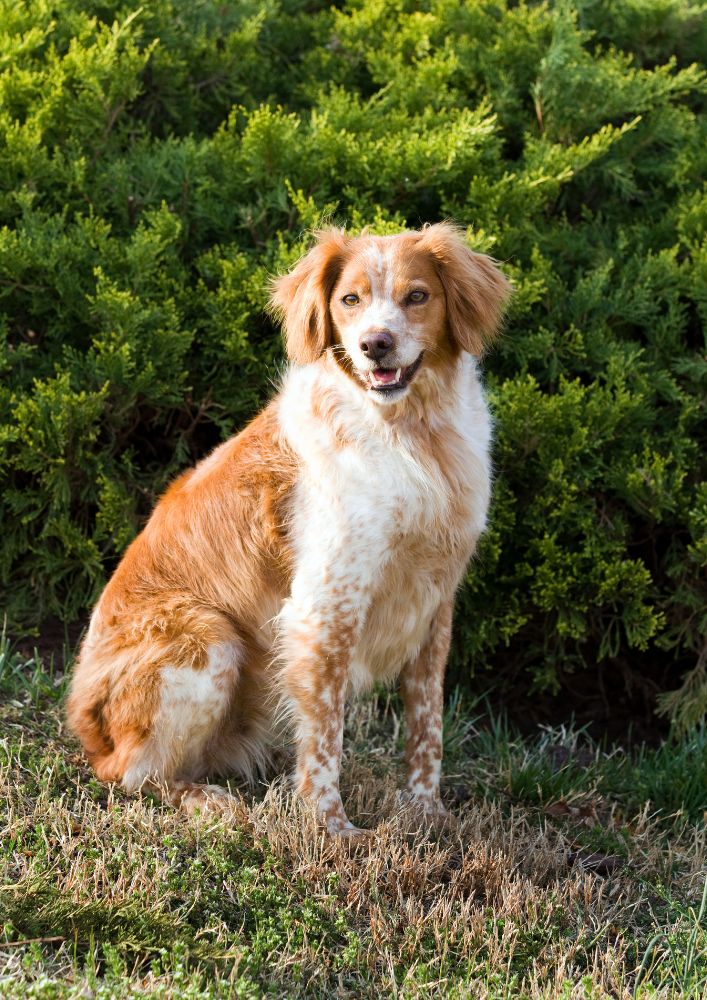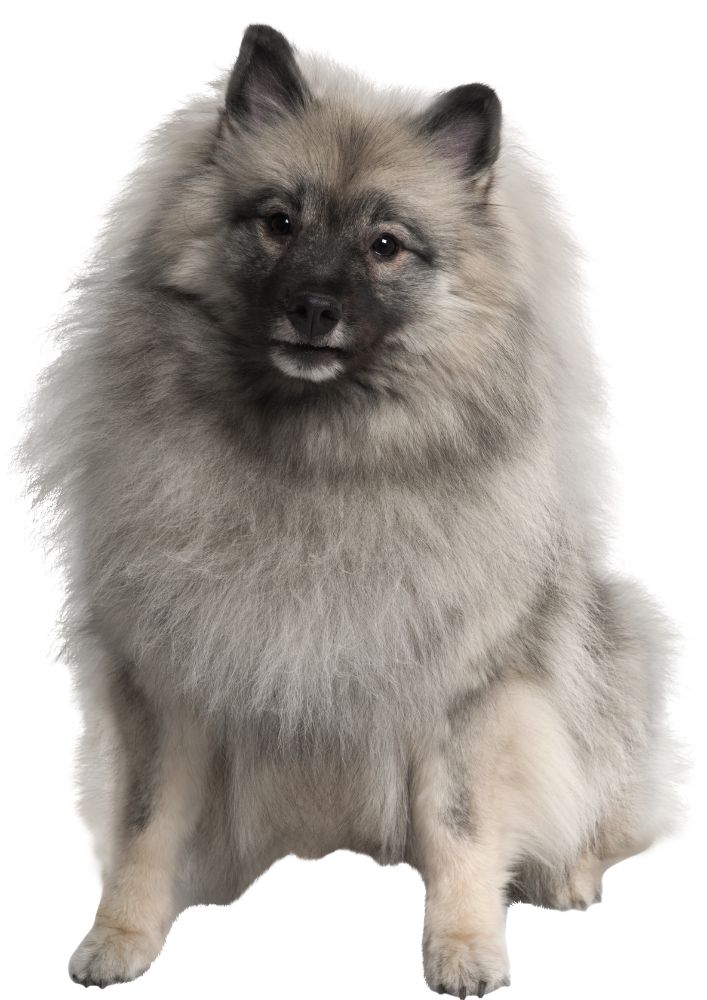Everything You Need to Know About the Shetland Sheepdog
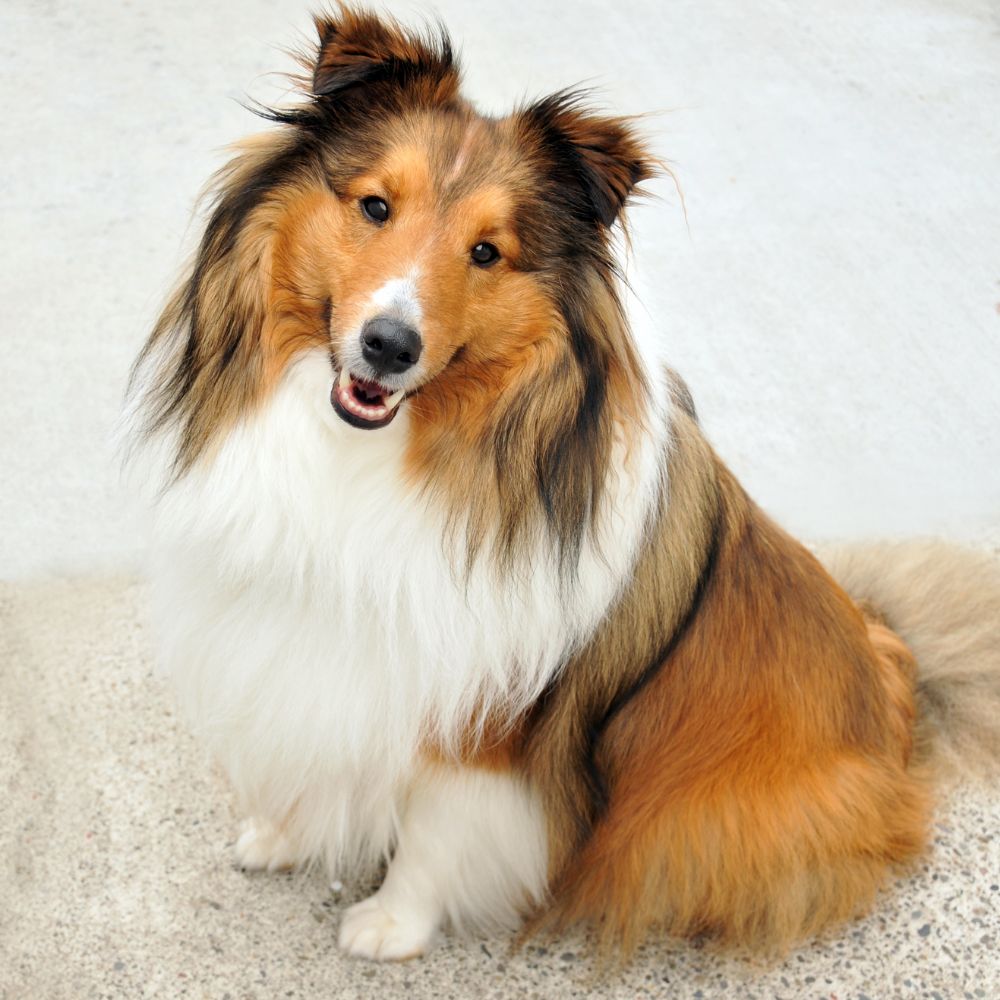
The Shetland Sheepdog, affectionately known as the Sheltie, is a small to medium-sized herding dog originating from the Shetland Islands of Scotland. These intelligent and agile dogs are prized for their beauty, loyalty, and versatility.
A Brief History
Shetland Sheepdogs were developed to herd sheep and livestock in the harsh and rugged terrain of the Shetland Islands. They are believed to be descendants of Collies brought to the islands by Scottish farmers, crossed with small, intelligent local dogs. Over time, they evolved into the agile and intelligent herding dogs we know today.
Appearance and Size
Shetland Sheepdogs have a long, double coat that is dense and weather-resistant. Their coat comes in various colors, including sable, blue merle, and tricolor. They have a proud carriage with a long, wedge-shaped head and expressive almond-shaped eyes. They typically stand between 13 to 16 inches (33 to 41 cm) tall at the shoulder and weigh between 14 to 27 pounds (6 to 12 kg).
Temperament
Shelties are known for their intelligence, agility, and gentle disposition. They are highly trainable and excel in various canine sports such as obedience, agility, and herding trials. They are affectionate with their families and often form strong bonds with their owners, making them excellent companions.
Living Conditions
Despite their herding instincts, Shetland Sheepdogs adapt well to apartment living as long as they receive sufficient exercise and mental stimulation. They enjoy regular walks, playtime, and interactive games. A fenced yard provides them with space to run and explore safely, although they should not be left alone for extended periods as they thrive on human companionship.
Compatibility with Family and Pets
Shelties are known for their gentle and affectionate nature towards children, making them excellent family pets. They are also sociable with other dogs and pets if properly socialized from a young age. Their herding instinct may manifest in behaviors such as nipping at heels, which can be managed through training and redirection.
Grooming Needs
Regular grooming is essential to maintain the Shetland Sheepdog’s coat and keep it free of mats and tangles. Brushing several times a week helps to remove loose hair and prevent debris from accumulating in their dense undercoat. They shed seasonally, with more intensive grooming required during shedding periods. Routine grooming also includes nail trimming, teeth brushing, and ear cleaning to ensure their overall health and hygiene.
Exercise Requirements
Shelties have moderate exercise needs and benefit from daily walks, playtime, and mental stimulation. They enjoy activities that engage their minds, such as puzzle toys and obedience training. Regular exercise helps to prevent boredom-related behaviors and keeps them physically fit and mentally stimulated.
Training Tips
Shetland Sheepdogs are intelligent and eager to please, making them highly trainable. Positive reinforcement techniques such as praise, treats, and clicker training work well with this breed. They respond best to consistency and patience in training sessions, which should start early to establish good behavior habits. Early socialization helps them develop into well-rounded dogs comfortable in various environments and social settings.
Social Behavior
Early socialization is crucial for Shetland Sheepdogs to prevent shyness or fearfulness towards unfamiliar people or situations. They are generally friendly and outgoing, enjoying interactions with both familiar faces and strangers alike. Positive experiences with other dogs and animals help them to become confident and well-adjusted pets.
Common Health Issues
Shetland Sheepdogs are generally healthy dogs with a lifespan of 12 to 14 years. Like all breeds, they may be prone to certain health issues such as hip dysplasia, progressive retinal atrophy (PRA), and epilepsy. Regular veterinary check-ups, a balanced diet, and maintaining a healthy weight help to detect and manage any health concerns early.
Lifespan and Care
Providing proper care and attention ensures Shetland Sheepdogs live long and healthy lives of 12 to 14 years on average. Their loyalty, intelligence, and beauty make them cherished companions for individuals and families alike. Regular grooming, exercise, and mental stimulation contribute to their overall well-being and happiness.
Shetland Sheepdogs in Popular Culture
Shelties have been featured in literature, movies, and advertisements, showcasing their beauty and intelligence to a global audience. Their popularity as versatile and loving companions continues to grow, making them a favorite among dog enthusiasts and families.
Conclusion
The Shetland Sheepdog is a beloved breed known for its intelligence, beauty, and gentle nature. Whether herding livestock or lounging at home, they bring joy and companionship to households that appreciate their loyalty and versatility as both working dogs and loving pets.
Considering adopting a Shetland Sheepdog? Explore reputable breeders or rescue organizations to find your perfect match and learn more about welcoming this delightful breed into your home.
Gallery
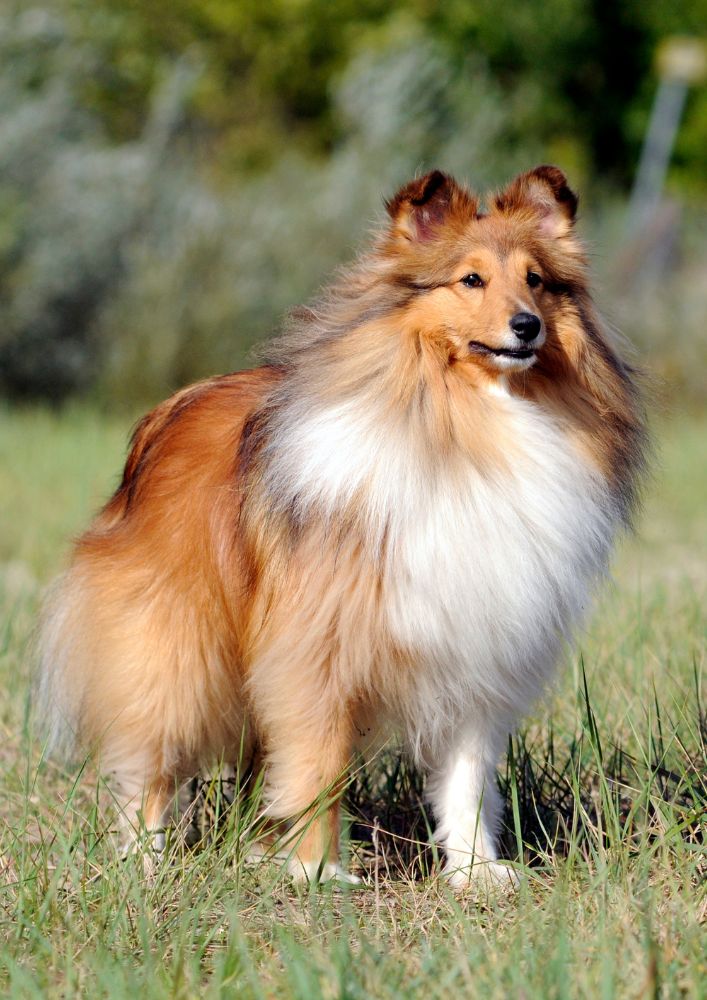
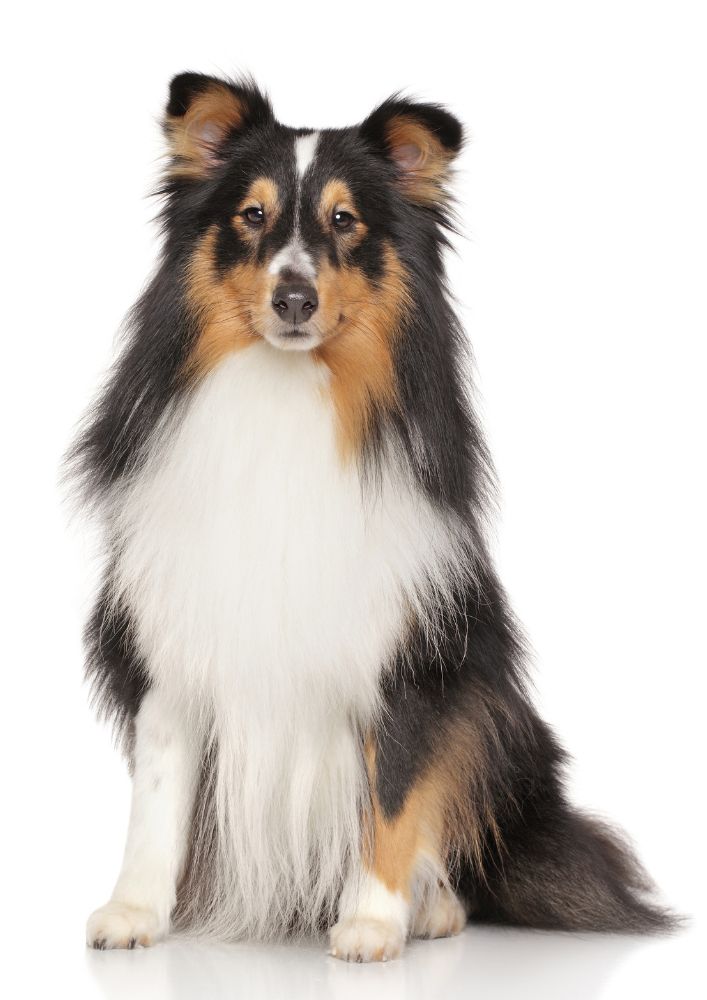
Quick Facts
- Size: Small to Medium
- Lifespan: 12-14 years
- Group: Herding



